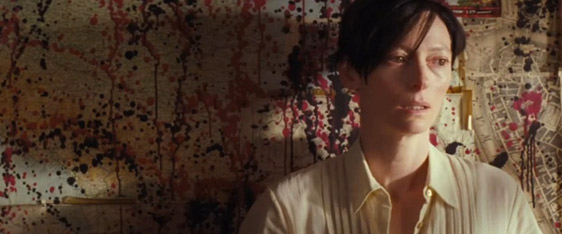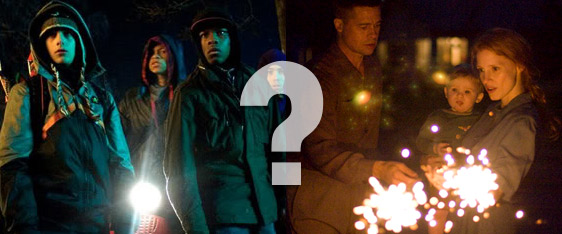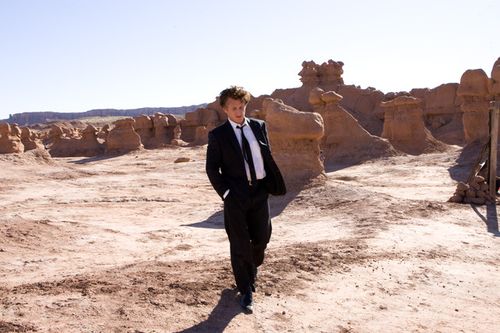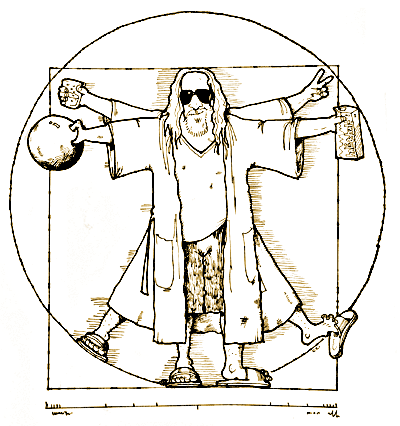Searching for Treasures at TIFF: A Top Dozen List
 Wednesday, August 15, 2012 at 7:15AM
Wednesday, August 15, 2012 at 7:15AM 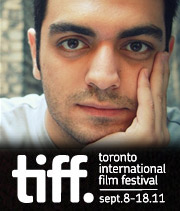 Hey Everyone. Amir here to preview the Toronto International Film Festival. There's less than a month to go before opening night. Those of you who follow the festival’s news regularly probably know that yesterday marked the completion of most of the festival’s strands, so we can officially start salivating all over the program book. Making a “Most Anticipated Films” list is a fool’s errand; TIFF’s lineup is so vast that the list would basically equate to everything that’s left to be screened in 2012 and then some. Titles like The Master, Anna Karenina, Argo (the latter of which I'm anticipating and dreading) and Cloud Atlas will feature on everyone’s list. There are also Cannes leftovers such as Rust & Bone, Reality, No and The Paperboy to be excited for, but I’m dedicating this list, to the pleasure of discovery which is the lifeblood of festivals.
Hey Everyone. Amir here to preview the Toronto International Film Festival. There's less than a month to go before opening night. Those of you who follow the festival’s news regularly probably know that yesterday marked the completion of most of the festival’s strands, so we can officially start salivating all over the program book. Making a “Most Anticipated Films” list is a fool’s errand; TIFF’s lineup is so vast that the list would basically equate to everything that’s left to be screened in 2012 and then some. Titles like The Master, Anna Karenina, Argo (the latter of which I'm anticipating and dreading) and Cloud Atlas will feature on everyone’s list. There are also Cannes leftovers such as Rust & Bone, Reality, No and The Paperboy to be excited for, but I’m dedicating this list, to the pleasure of discovery which is the lifeblood of festivals.
Last year Nathaniel made a similar list of sixteen potential gems in advance of the festival. Some of those were films I would not have watched had he not suggested them, and I’m glad to say that one of them ended up not only as my top film of the festival, but the best film I saw all year. Here’s hoping we can strike gold again with any of these:
 The Suicide Shop
The Suicide Shop
12. A Liar’s Biography/The Suicide Shop
Yes, I hate "ties" as much as you when it comes to list-making but I wanted to round things out with an animated film and couldn’t decide between them. We've got a 3D fictionalized telling of Graham Chapman’s life through the perspective of the Monty Python gang or a Patrice Leconte musical about a family who help people take their own lives. Can you blame me for the indecision ?!?
The Midnight Madness program is the one I’ve attended the least over the years, mostly because I see too many films in a day to have the energy at midnight. Yet this omnibus film seems like the perfect campy end to a festival day. Twenty-six directors from all over the world (including Ti West and Ben Wheatley) give us twenty-six alphabet inspired ways to die in a horror film.
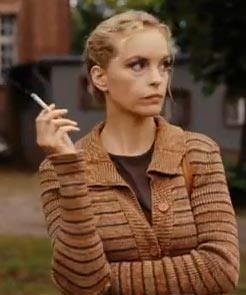 10. Barbara
10. Barbara
Barbara already screened at Berlinale to terrific reactions, but given that it has no Canadian distributor I’m watching. Director Christian Petzold netted a Silver Bear in Berlin and Nina Hoss, terrific in his last two films, returns to star in a third consecutive. The 80s-set story concerns a scientist forced to stay in a rural hospital as punishment by the East German government.
Isabelle Huppert, Terrence Malick, and Seven (or more) Pyschopaths after the jump.





